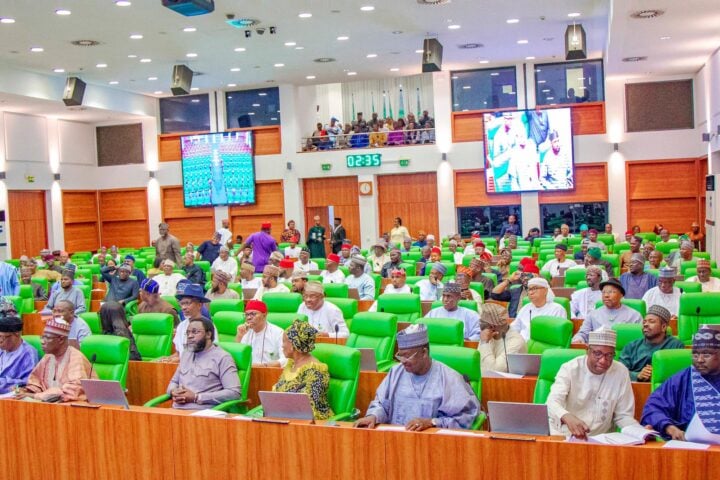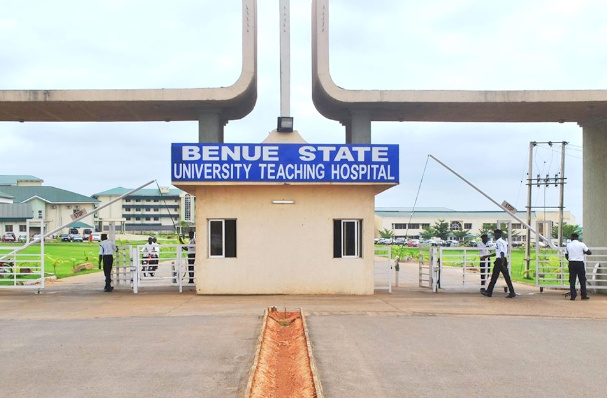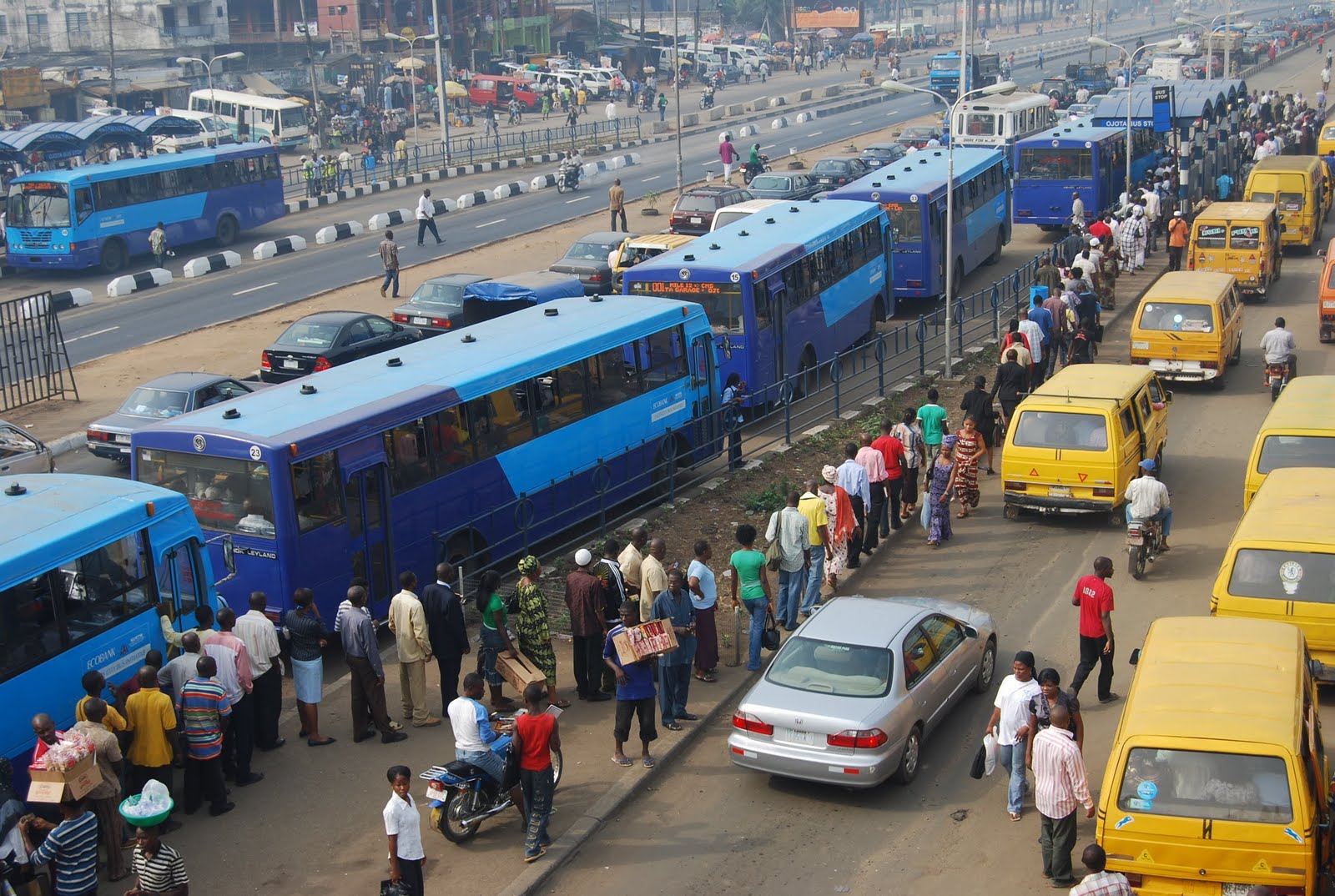The house of representatives committee on petroleum resources (downstream) says it plans to conduct a comprehensive audit of the petrol subsidy regime in the country.
Ikeagwuonu Ugochinyere, chairman of the committee, made this known at the committee’s inauguration in Abuja on Friday.
He said the committee’s legislative priorities include ensuring energy security, enhancing professionalism in the petroleum sector, and driving economic transformation.
Other priorities, he said, are fostering accountability, institutional reforms, and focusing on revenue recovery and generation.
Advertisement
“The committee’s specific objective is to assist the federal government in recovering the 20 billion dollars revenue lost in the sector,” he said.
He said the committee would also prioritise early remittance of federal revenues and the recovery of unremitted funds in the coming days.
Ugochinyere emphasised the importance of addressing the challenges faced by Nigerians due to the removal of subsidy on petrol.
Advertisement
The chairman said the committee also plans to probe the subsidy beneficiaries, scrutinise loan transactions and pre-export financing arrangements, and review loans related to crude oil.
The lawmaker said the committee would examine the direct sales and direct purchase method, which he said involved using crude for importing refined petrol and other associated value chains.
He said the committee would collaborate with other relevant committees in the upstream, mainstream, gas, and petroleum training fund sectors to achieve its objectives.
In reviewing the PIA, he said the committee plans to assess the actions taken before and after its implementation, the status of national assets, and the achievement of energy security.
Advertisement
Also, he said the committee would examine competition in the downstream sector, as originally intended in the PIA.
Ugochinyere said the committee would address the issue of NNPC being the primary petrol importer, contrary to the PIA’s vision of diverse downstream operators.
He said the committee would examine the challenges related to domestic crude supply for modular refineries and local refineries, which is a constitutional provision under the PIA.
“The committee will also ensure adequate supply of domestic crude to achieve energy security,” he said.
Advertisement
Ugochinyere expressed confidence in the committee’s ability to fulfil its mandate, urging stakeholders in the petroleum sector to cooperate in the discharge of its functions.
Advertisement
Add a comment






